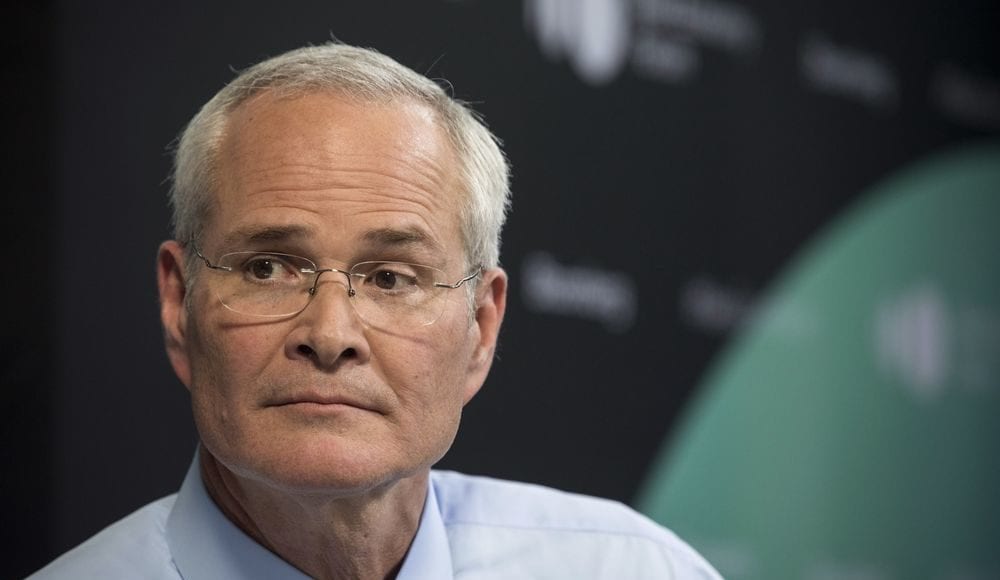U.S. oil major, ExxonMobil on Tuesday reported an estimated fourth quarter (Q4) 2020 loss of $20.1 billion, or $4.70 per share assuming dilution. The company said Q4 capital and exploration expenditures were $4.8 billion, bringing full-year spending to $21.4 billion, $9.8 billion lower than the prior year.
The company said oil-equivalent production in Q4 2020 was 3.7 million barrels per day, consistent with Q3 2020 while production was reduced by government mandated curtailments. Excluding entitlement effects, divestments, and government mandates, liquids production increased 5 percent, while natural gas volumes increased 2 percent.
“The past year presented the most challenging market conditions ExxonMobil has ever experienced,” said Darren W. Woods, Chairman and Chief Executive Officer. “While the effects of the pandemic significantly impacted our 2020 results, our previously executed strategic initiatives and reorganizations enabled us to respond decisively to permanently improve our cost structure, drive greater efficiencies across our businesses, and emerge a stronger company. These improvements are expected to deliver structural expense savings of $6 billion per year by 2023, relative to 2019.”
Woods said Exxon remains focused on increasing long-term value for its shareholders by investing in its highest-return assets, preserving the strength of the balance sheet, and paying a reliable dividend.
“We’ve built a flexible capital program that is robust to a range of market scenarios and focused on our highest-return opportunities to drive greater cash flow, cover the dividend, and increase the earnings potential of our business in the near and longer term,” the CEO said.
The deepwater Stabroek block offshore Guyana is seen as one of the company’s highest-return assets with 9 billion barrels of oil equivalent resources discovered since 2015.
“ExxonMobil continued to progress major deepwater development in Guyana,” the company said. “Exploration, appraisal, and development drilling continues across four rigs with plans to add additional rigs in the first half of 2021.”
The Liza Phase 1 development, utilizing the Liza Destiny floating production, storage, and offloading vessel (FPSO), is producing at capacity of 120,000 gross barrels of oil per day. The Liza Unity FPSO, which will be deployed for the second phase of Liza development and will have a gross production capacity of 220,000 barrels of oil per day, is under construction and is expected to start production in 2022. Payara, the third major phase of development, which was fully funded in 2020, will also have a gross production capacity of 220,000 barrels of oil per day and is expected to start up in 2024.
Exxon said during Q4 2020, production volumes in the Permian averaged 418,000 oil-equivalent barrels per day, an increase of 42 percent from the prior year. Full-year 2020 production averaged 367,000 oil-equivalent barrels per day.
The company said focus remains on lowering overall development costs and increasing recovery through efficiency gains and technology applications.
Full-year 2020 drilling and completion costs were more than 25 percent lower than 2019. Over the same period, drilling rates (lateral feet per day) improved more than 20 percent and fracturing rates (stages per day) improved more than 30 percent.



